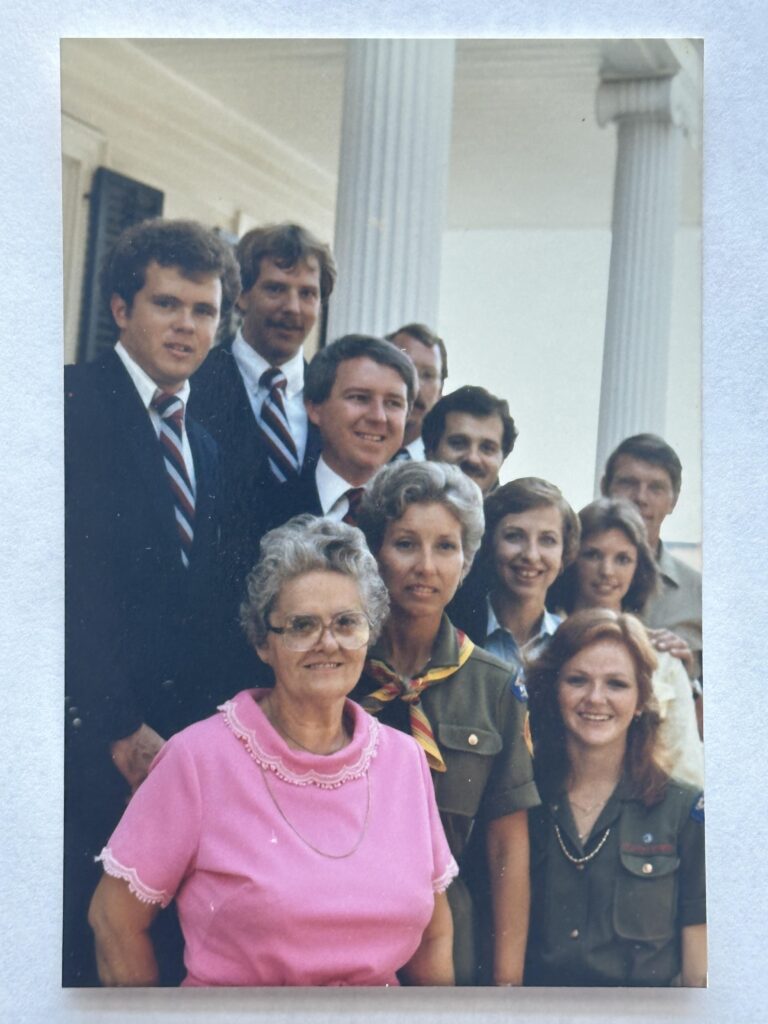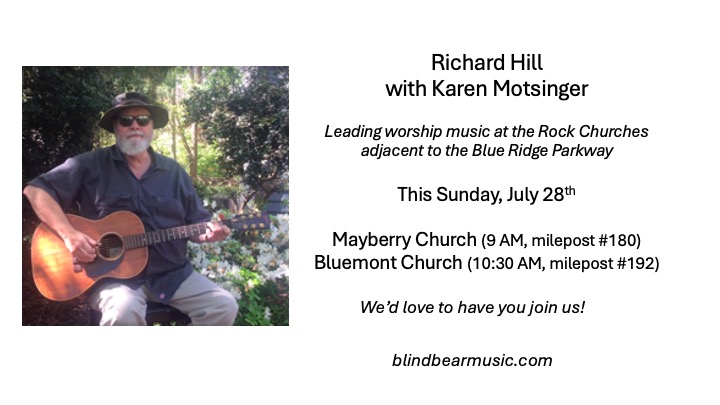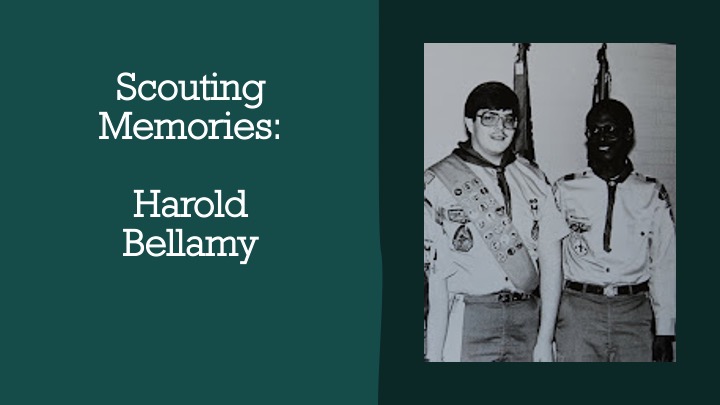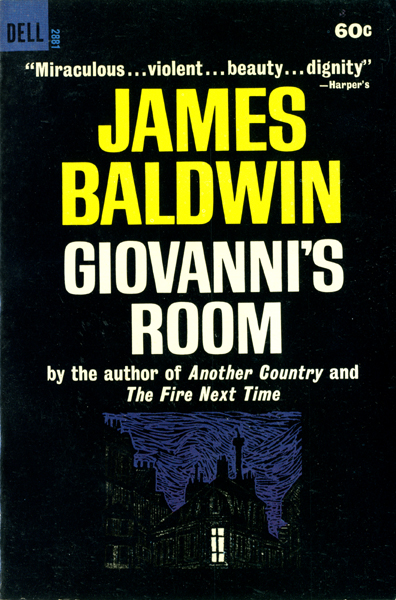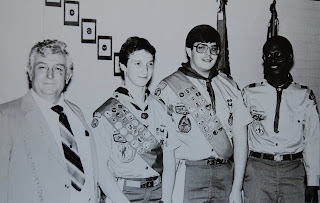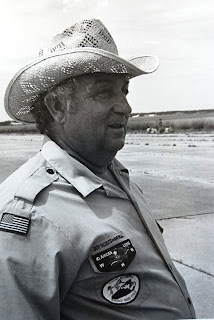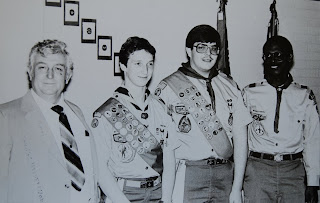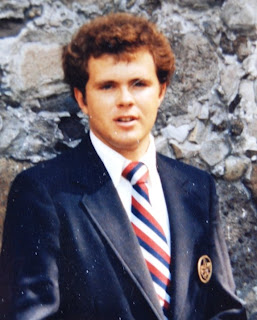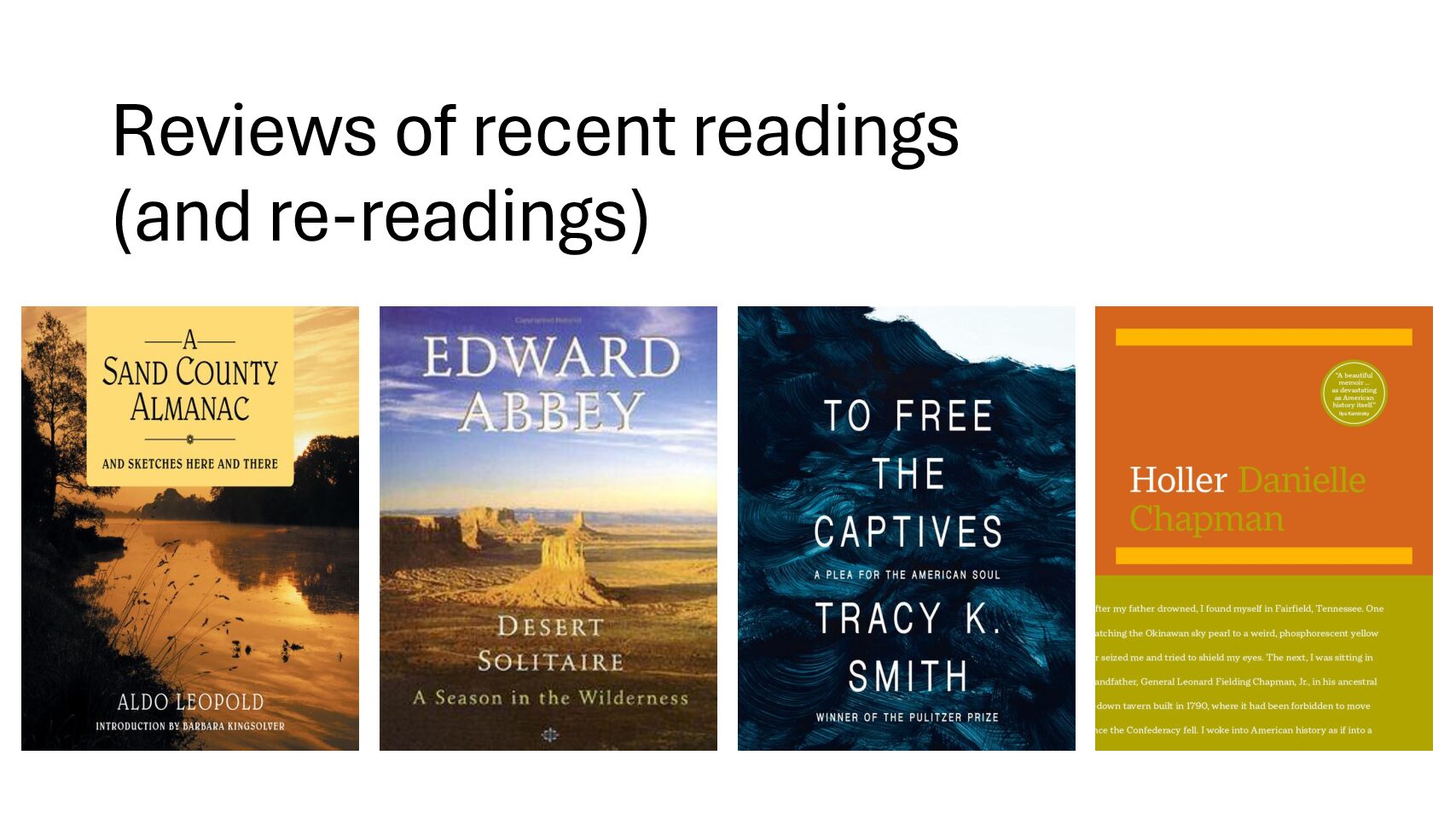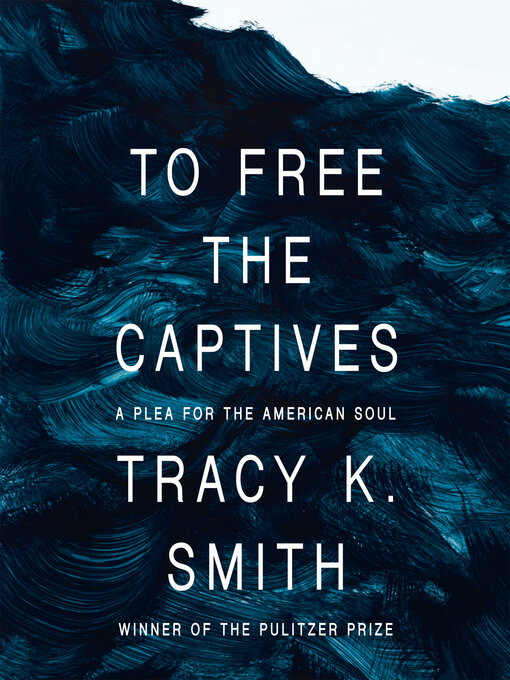Jeff Garrison
Mayberry and Bluemont Churches
August 11, 2024
Mark 8:11-21
At the beginning of worship:

When I worked in the bakery, Sunday was a day of production. We made the bread, starting right after midnight Saturday and throughout the day. This was so the bread could be delivered to our trucks on Sunday night and then into the stores first thing on Monday.
When I was a young supervisor, we had a problem one Sunday afternoon. The bread rose nicely in the proof box, where some 4,000 loaves waited for the oven. But then, as the pans left the proof box and moved across a conveyor to the oven, the dough dropped. This wasn’t good. I started checking everything and having my mixer operator test and record even more frequently than normal. My first thought was something happened to a brew, which would mean we’d lose 3,000 loaves of bread.
But nothing seemed out of normal. At first, I assumed the mixer operator left out something. I watched the clock, waiting for things to return to normal. After 45 minutes, I stood by the proof box, waiting. But things didn’t improve. At this point, I called the plant manager and the maintenance engineer in on their days off. They came in and alerted the general manager and the bakery owners. Soon, we were having a pow-wow, trying to figure out what was going on. Hour after hour, we produced loaves barely an inch tall. It all ended up wasted.
We tried everything and nothing worked. Finally, we tried setting up new brews in the fermentation tanks and pulled all new ingredients from a different batch of materials. After tossing roughly six hours of production out the door, 24,000 loaves, things returned to normal. I was scared that I might be fired, as I had no idea what was wrong. But then, neither did anyone else.
We collected samples to be sent to a lab. A few days later, we got the report back. I and the mixer operator were vindicated. The salt we used, which included the enrichment for the flour, had three times the amount of iron than required.[1] The overly machined bread couldn’t handle the excess iron. The enrichment, which we went back to adding ourselves, was to blame.
When we added the enrichment ourselves, the mixer operator took a half dozen capsules and dissolve them in a two-cup container of water. Then he poured it into the brew base that went into 3,000 loaves. Think about how small of an amount—six capsules, weighing maybe 2 ounces, could ruin so much dough. [2]
Jesus warns us to watch out for evil. It doesn’t take much (like a bit of yeast to make a loaf or a little too much enrichment to flatten one), to send us down the wrong road. We must be careful.
Before reading the Scripture:
In our passage today, Mark doesn’t provide us much context except that it occurs at the stop after the feeding of the 4,000 which we explored last Sunday. And the conversation with the disciples builds upon the topic of bread. But first, there’s an exchange between Jesus and the Pharisees.
We have already seen conflicts between Jesus and the Pharisees. Our passage begins with another one. But we’re not just shown how those in opposition to Jesus are on the other side, they also include those following Jesus. No one seems to “understand” who Jesus is. Mark builds up to the climax of his book, which-God willing-I plan for us to explore in two weeks.[3]
Let me say a bit about yeast. It comes up in this story and is essential for bread. Yeast in a Biblical sense was mostly used as a metaphor for evil. That is certainly seen in the Old Testament, but also in Jesus’ teachings.[4] However, Jesus also refers to yeast in a positive manner—as an example of the kingdom—in Matthew’s gospel.[5] But here, Jesus speaks of the corruption effect of yeast.
Read Mark 8:11-21
Our text begins with the Pharisees again trying to test Jesus. The word used for test isn’t about discovering Jesus’ competency. This isn’t an IQ test or the SAT. Instead, it means they’re trying to trip Jesus up, to get him to say something they can use against him.
Today, this seems to be the strategy of politicians on both sides of the aisle. If you can get a sound clip of your opponent saying something you can use against them, you have a winning strategy.
The word used here for “test” implies a stumbling block or an obstacle that they are laying down before Jesus. Mark uses this same word to describe the devil tempting Jesus in the wilderness.[6]
As a part of their test, or their attempt to trick Jesus, they demand a sign from heaven. Essentially, they want insight into Jesus’ authority.[7] It’s not a miracle they’re asking for. There’s been plenty of miracles and it would be odd that they wouldn’t have heard about the feeding of the 5,000 and the 4,000. In addition, most likely they have heard the reports of Jesus’ healings and other miracles. Is Jesus’ power from God or from a more sinister source?
In a way, this passage picks up the argument Jesus had with the scribes from Jerusalem back in Mark 3, where they accused his powers to be from Beelzebul or the ruler of the demons.[8] If you remember back that far, Jesus speaks of the one plundering the “strong man’s house,” must first “tie him up.” By confronting evil powers in the world, that’s what Jesus is doing. He binds the “strong man,” Satan, so that he can rescue us.
But Jesus, who comes in weakness, requires those who desire freedom to accept him by faith. But that’s hard. The Pharisees can’t seem to accept it, nor can the disciples as we’ll see in a minute. I also suggest that we, too, have a problem with accepting such grace. We want to be in control of our destinies, and along comes Jesus who says, “Follow me,” “Trust me,” “Believe in me.” It all goes against our grain.
I am looking forward to reading a book that has just been published this past week. Daniel Silliman has written a religious biography of Richard Nixon, titled One Lost Soul: Richard Nixon’s Search for Salvation. I have read several reviews of the book, which sounds interesting.[9]
My friend, Robert, in Utah, who’s read almost every biography of Nixon, is also interested. We have agreed to read the book at the same time and discuss it. I’m still waiting on my copy to arrive. Robert lives in Salt Lake City. His copy arrived this past week, the day the book was released. Living in a rural setting, my copy won’t arrive until the middle of next week. But it’ll get here.
From the reviews I’ve read, Silliman interprets Nixon as a man who tries to justify himself. Nixon is unable to accept grace. He feels he must earn approval. This idea of just trusting Jesus is hard. The Pharisees had a difficult time with it, as did the disciples, as did Nixon, and as do most of us. As I said, such trust goes against our grain. We feel we should be able to do whatever required to save ourselves, but that’s not the case.
Jesus cuts the Pharisees off by saying that his generation will not be given any signs. Then he gets in the boat with the disciples, and they sail away, leaving the Pharisees to ponder what it all means.
On the boat, and if you have noticed, sailing and rowing seems to be a major way of transportation in Mark’s gospel, we get into the second half of our story. The disciples now realize someone forgot to pack lunch! There’s only one loaf (and back then loaves weren’t that large). They’re blaming each other when Jesus steps in an warns them about the yeast of the Pharisees and of Herod.
As we’ve seen throughout Mark’s gospel, the disciples are clueless. Jesus obviously refers to his recent encounter with the Pharisee’s, warning the disciples about how they and Herod could corrupt them. But they think Jesus mentioning yeast because of their comments on the lack of bread.
The disciples are a lot like us. They think everything is about them. Jesus speaks of yeast, they immediately think “it’s because we’re talking about bread!” Jesus nips this conversation in the bud, as he asks if they still don’t understand despite all they’ve seen. Jesus recalls the two feeding stories and asks them how much food was left over. The disciples remember correctly, but still don’t seem to get Jesus.
I don’t think the point of this passage is that Jesus can divide the bread and feed everyone, which obviously he could do. Instead, it’s more about their trust of Jesus. Do they know who he is, what he can do. Or are they still lost. Or, as Jesus asks at the end of this passage, do they still not understand? Faith, as we see here, isn’t done blindly. It requires understanding.
There is a parallel between this sailing trip up the lake and the Hebrew people in the Wilderness. Despite all God did for them, they Israelites had a hard time trusting God. It’s why they spent so much of the time in the wilderness.[10] God wanted to teach them to trust in his providence, but they kept forgetting about God’s gracious care.
When difficulties arise in our lives, are we not the same way? Do we not worry, thinking that we’re in over our head, not trusting God’s presence to get us through? If we can control things, we don’t have a need for faith. But we also don’t have a need for God. However, Jesus came to show the Father and invites us to trust him, through the good and the bad. Such faith requires us to have our eyes opened, which will be further explored in next week’s sermon.
Jesus is the Savior. We should place our faith in him. He is the one we should trust. If you don’t know him, ask him to open your eyes and ears, that you might believe. Amen.
[1] This is because most bakeries figure one pound of salt for every hundred pounds of flour. Adding the enrichment with the salt was supposed to be easier on the operators.
[2] I told this story earlier in my blog. See https://fromarockyhillside.com/2021/07/01/another-bakery-story-the-perils-of-working-on-the-christian-sabbath/
[3] Mark’s climax is generally understood to be Peter’s Confession in Mark 8:29.
[4] Morna D. Hooker, The Gospel According to Saint Mark (1991, Hendrickson Publishing, 1997), 194.
[5] Matthew 13:33.
[6] Mark 1:13. See James R. Edwards, The Gospel According to Mark (Grand Rapids, MI: Eerdmans, 2002), 235.
[7] Hooker, 191.
[8] Mark 3:20-27. See also https://fromarockyhillside.com/2024/04/07/the-unpardonable-sin-baseball-doing-the-will-of-god/
[9] See https://currentpub.com/2024/08/08/review-richard-nixons-graceless-religion/ or https://chartable.com/podcasts/signposts-with-russell-moore/episodes/174677472-nixons-politics-as-a-substitute-for-god
[10] In addition to the Exodus, Numbers, and Deuteronomy passages, see Psalm 95:8-11.




